Earth

Educators and Parents, Sign Up for The Cheat Sheet
Weekly updates to help you use Science News Explores in the learning environment
Thank you for signing up!
There was a problem signing you up.
-
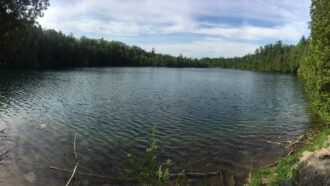 Earth
EarthCanada’s Crawford Lake seems to mark when the Anthropocene began
Mud at the bottom of this lake holds a record showing how humanity has been changing our planet. But the Anthropocene isn’t an official new epoch yet.
-
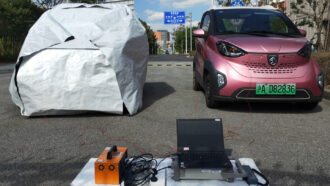 Tech
TechNew thermal ‘cloak’ keeps spaces from getting too hot or too cold
A prototype fabric could help keep cars, buildings and other spaces cooler during heat waves while also reducing greenhouse-gas emissions.
By Skyler Ware -
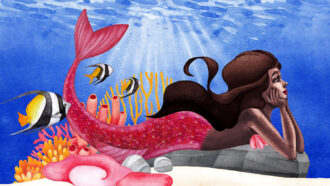 Oceans
OceansHow would a mermaid sound underwater?
Human ears don’t work well in the water. A mermaid would need marine creature features to talk to and understand her aquatic friends.
-
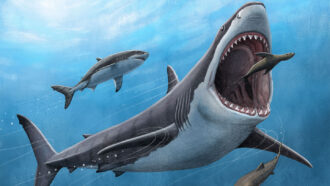 Animals
AnimalsMegalodons may have become megahunters by running hot
O. megalodon sharks were warm-blooded mega-predators. But when food sources dwindled, colder-blooded sharks may have had an evolutionary edge.
-
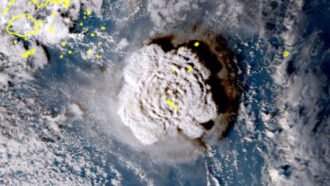 Earth
EarthA volcanic eruption sparked the highest lightning ever seen
The eruption plume spawned lightning that started 20 to 30 kilometers (some 12 to 19 miles) above sea level.
By Skyler Ware -
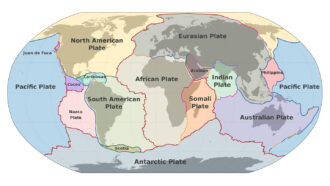 Earth
EarthScientists Say: Tectonic Plate
Tectonic plates are giant slabs of rock that make up Earth’s outer layer.
-
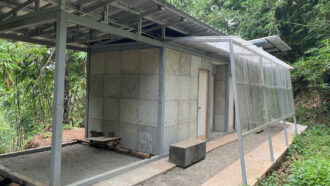 Materials Science
Materials ScienceThis house is partly made of recycled diapers
After being washed, dried, sanitized and shredded, used diapers were mixed with other materials to make a strong concrete.
-
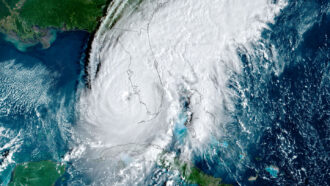 Physics
PhysicsExplainer: What is chaos theory?
Chaos can help scientists explore subjects from climate change to human brains. Learn about the theory behind this field of science.
By Sarah Wells -
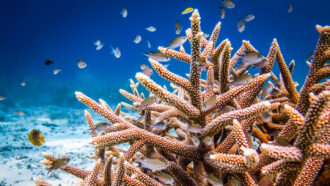 Animals
AnimalsScientists Say: Coral
Over 4,000 species of fish make their home among the reefs created by these colony-dwelling marine animals.
-
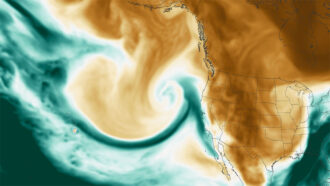 Climate
ClimateExplainer: What is an atmospheric river?
These long-traveling storm systems bring moisture to many parts of the world. Here’s what scientists are learning about them.
-
 Climate
ClimateFor greener toilets and air conditioning, consider saltwater
Using saltwater would allow coastal cities to save their freshwater for drinking and to reduce their carbon footprints. Some could save money, too.
By Laura Allen -
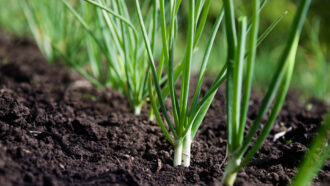 Environment
EnvironmentFungi help rescue crops being harmed by microplastics
Microplastics in the soil hinder plant growth. But two finalists at Regeneron ISEF found that fungi and farm waste can reduce the harm.